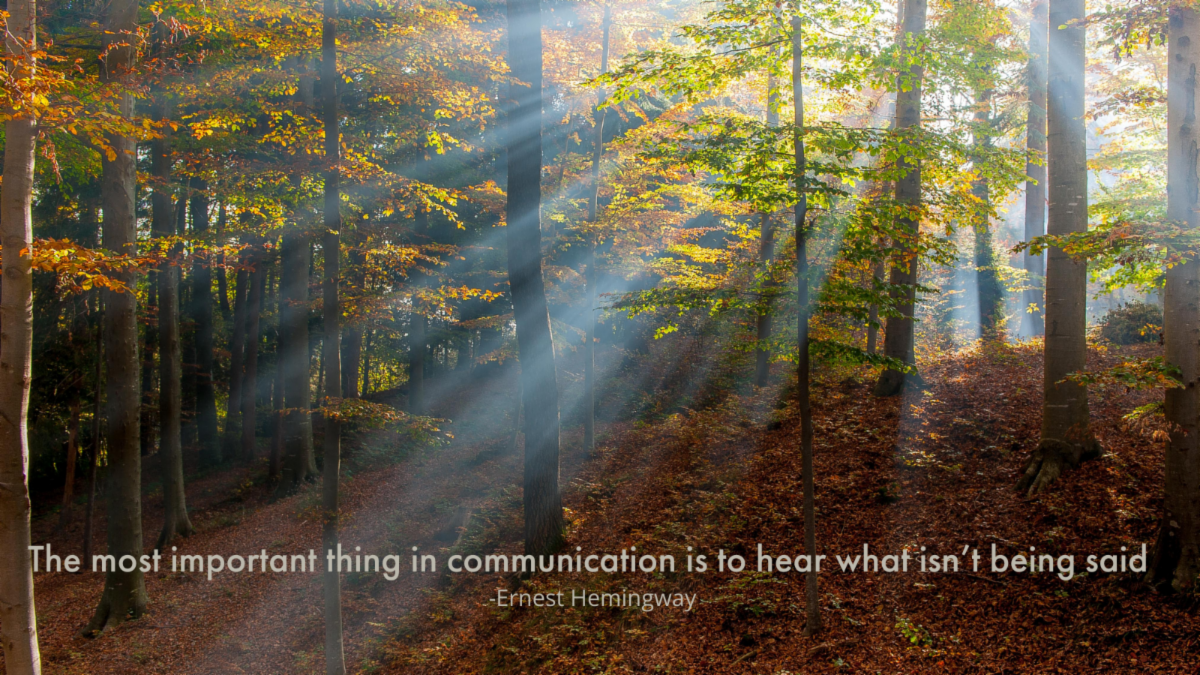
September 30, 2021
Why It’s Important To Focus On The Long Game
A common dilemma faced by leaders is how to effectively manage both the current health of the organization and consider what lies ahead. As a leader, you are responsible for ensuring a dual focus on short- and long-term successes, but you must provide the corresponding strategic guidance to your team.
My friend and colleague, Dorie Clark, a top business thinker and Duke University professor, recently wrote a book called The Long Game: How to be a long-term thinker in a short-term world. Her book provides a framework and principles to see the big picture and understand how small changes can have a massive impact in the long run. Here are three principles from her book that you can start using immediately to drive growth and change in your organization.
- Create white space to develop strategic business. Make sure your team has sufficient space to shift toward higher value solutions.
- Focus where it counts with the right metrics. It’s important to identify the indicators that are most likely to produce the results you are looking for, alongside the traditional monthly or quarterly metrics.
- Keep the faith by building capability. Prioritize developing talent on your team and make management responsible for improving the capability of each team member.
In a recent conversation with Dorie, she emphasized that it’s tempting for leaders to direct their teams towards short-term successes, but it takes courage to take the time that’s necessary to truly understand what’s needed and bring long-term value. Read Dorie’s book and my recent Forbes article, Accelerate Sales Transformation By Focusing On The Long Game, to find out more about how driving towards long-term success can help provide the leadership that your team needs to execute your strategy.
Prouty Project: Jammin’ Sessions
I’m excited to be a guest for The Prouty Project’s monthly speaker series, Jammin’. I met Jeff Prouty in 1993 when he inspired me to go into consulting and helped me get my first job at PwC. He has been a mentor, colleague, and friend as we’ve stayed in touch over the years and I’m looking forward to sharing some of the ideas and concepts in my (almost finished) forthcoming book The Butterfly Effect: How Great Leaders Drive and Sustain Revenue Growth (Fast Company 2022.)
Minding The Bigger Picture of Communication
Communication is rarely about an exchange of information only. There’s usually more being communicated. Regardless of the content or detail of whatever is being communicated, the process of communication often about much more. It may be about collaboration, trust, credibility, confidence, the relationship, or plenty else. So, it’s important to pay attention to what’s really happening in a conversation beyond the obvious dialogue, otherwise you might miss the underlying (and probably the most important) takeaway.
Here are a few things to consider when looking at the process of communication instead of the content.
- Every word you speak will not be retained by the other party so consider what you need them to remember.
- The words heard by others will not be heard in isolation. Most of the time, people have some other thoughts about the topic, a different agenda, or emotional investment in what is being discussed.
- Your dialogue may send others on a new train of thought or trigger an emotional reaction.
- The tone and tenor of the conversation can give insight into whether dialogue is more collaborative or combative.
Understanding the process of what is occurring during a conversation will help you formulate a more complete picture of what is really going on. Don’t neglect it by solely focusing on the details of what is being exchanged.
Current Read
Want to Listen Better? Turn Down Your Thoughts And Tune In To Others
Don’t we all think of ourselves as good listeners? I mean, who among us hasn’t had at least a few active listening classes and gotten feedback about doing it better? But trust me – you could be better at this critical skill. I’ll bet heavily that if I asked people close to you at work or at home they would say so. Well, for those of us who still struggle at times, here is a great read that gives some pragmatic tips that include managing our own sometimes intrusive thoughts.
Quotable


